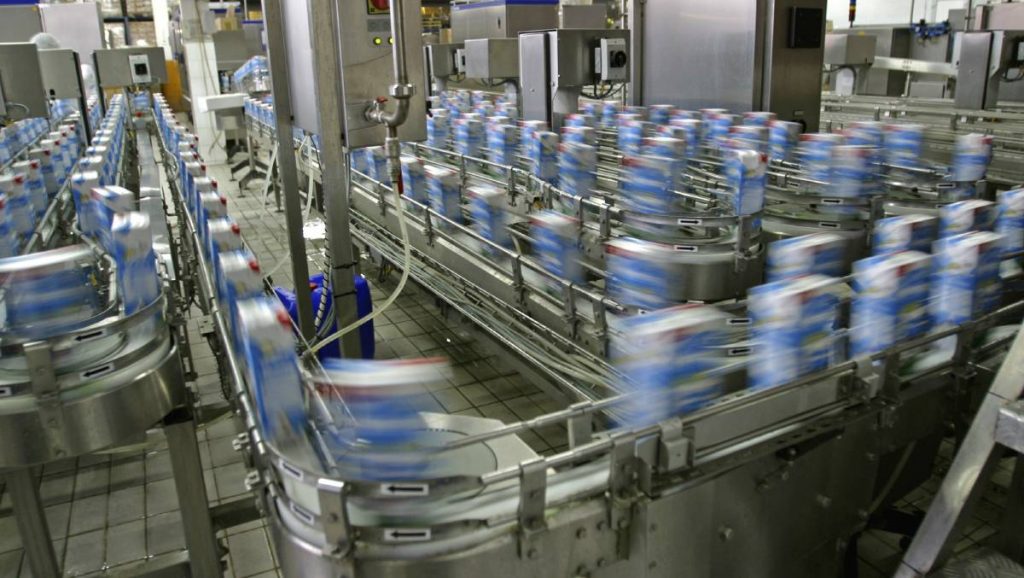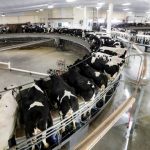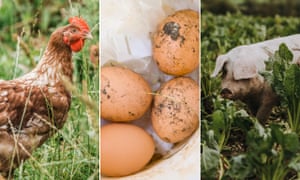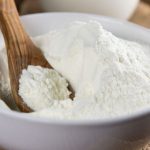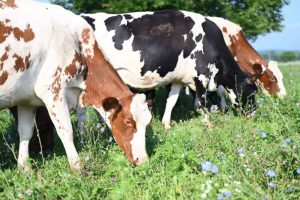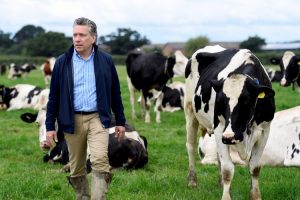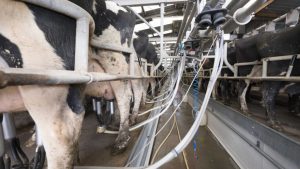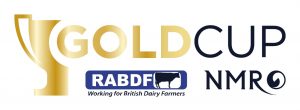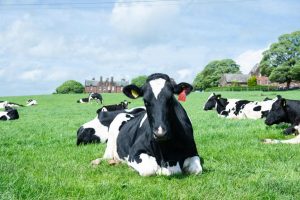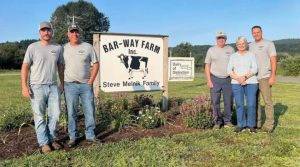Veganuary is over, leaving only the remains of a seitan burger and some cashew cheese in the back of the fridge. Perhaps you feel lighter and healthier; you will certainly feel more virtuous. But do you also feel like a steak? It is OK – you can admit it. The campaign group behind this annual event estimates that only half of the participants plan to remain meat-free beyond the end of the month. However, it says that most of those will at least reduce the amount of animal products they eat for the rest of the year.
Milk
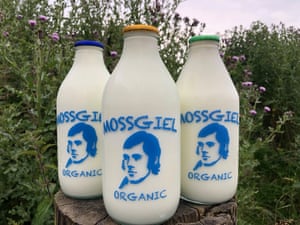
Unlike meat, milk is very difficult to trace back to the farm, as it tends to be mixed together at centralised bottling plants. The label “free range” guarantees that cows have been kept outside at least some of the time, but one of the easiest ways to make sure you are buying higher-welfare is to invest in organic. Studies at the University of Newcastle have suggested that organic milk could be better for you, since it contains higher amounts of omega-3 fatty acids. Look out for dairies where calves are kept “at foot”, ie with their mothers.
